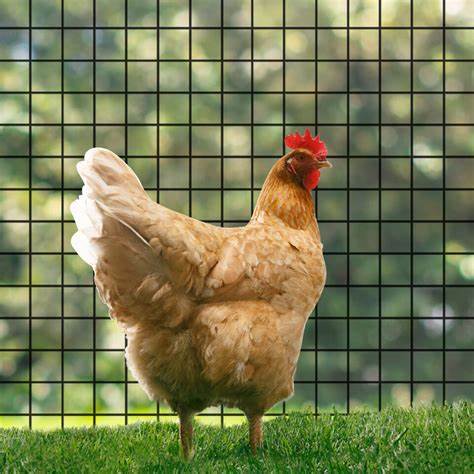Nov . 09, 2024 07:25 Back to list
Estimating Expenses for Installing Palisade Fencing in Your Property
Understanding the Cost of Palisade Fencing
Palisade fencing has gained popularity in various settings, including residential, commercial, and industrial areas. Renowned for its durability, security, and aesthetic appeal, palisade fencing offers an effective barrier against intruders while maintaining visibility and airflow. However, one of the foremost considerations for property owners is the cost associated with installing this type of fencing. In this article, we will explore the factors that influence the cost of palisade fencing, providing a comprehensive understanding for those contemplating this investment.
Factors Influencing Cost
1. Materials The primary component of palisade fencing is steel, which can vary in quality and type. Higher-grade steel will typically drive up costs due to its enhanced durability and resistance to corrosion. Additionally, the finish applied, such as galvanization or powder coating, can impact both longevity and visual appeal. Galvanized finishes are less expensive but provide basic protection, while powder-coated options offer a broader range of colors and improved protection against rust and dents.
2. Height and Design Palisade fencing comes in various heights, generally ranging from 1.2 meters to 3 meters. Taller fences naturally require more materials, leading to increased costs. Moreover, the design of the palisade fencing can influence pricing – for instance, spiked tops or decorative elements may add to the overall expense. Homeowners must weigh the aesthetic appeal against budget constraints when deciding on design options.
3. Installation Costs Installation is a significant factor in the overall cost of palisade fencing. While some ambitious DIY enthusiasts may opt to install the fencing themselves, hiring professional contractors ensures a high-quality job. Labor costs can vary based on the contractor’s experience, regional pricing variations, and the complexity of the installation site. If the ground is uneven or requires additional preparation, such as concrete footings, labor costs may increase.
4. Location Geographic location plays a pivotal role in determining the cost of palisade fencing. In urban areas, where labor and materials might be more expensive, the overall cost can surpass that of installations in rural regions. Additionally, local regulations and permits may affect costs; certain locales may require special approvals or inspections, adding further expenses.
palisade fencing cost

5. Length of Fence The total length of the fencing required is, of course, a direct influencer of the overall cost. Longer perimeters will need more materials and, often, more labor, leading to higher overall expenses. It is advisable to create a detailed plan of the installation site to accurately calculate how much fencing will be necessary.
Average Costs
On average, the cost of palisade fencing ranges from $20 to $50 per linear foot, including materials and installation. This estimate can vary widely based on the factors mentioned earlier. For a typical residential installation involving a 100-foot perimeter, property owners might expect to pay anywhere from $2,000 to $5,000. Custom designs, enhanced security features, or challenging installation conditions can push these figures upwards.
Return on Investment
While the initial installation costs can seem high, investing in palisade fencing can offer long-term returns. Its durability means lower maintenance costs over time, and its robust nature enhances the security of the property. This can be beneficial for property values; potential buyers often view strong, secure fencing as an advantage. Additionally, palisade fencing can deter potential trespassers, leading to lower insurance premiums.
Conclusion
In conclusion, the cost of palisade fencing is influenced by a variety of factors, including materials, design, installation, location, and length. Understanding these elements can help property owners make informed decisions about their fencing needs. The durability and security that palisade fencing offers can justify the upfront cost, ultimately providing peace of mind and enhancing property value. Whether for residential or commercial purposes, palisade fencing remains a smart investment worthy of consideration.
-
High Quality 9 Gauge Expanded Metal Mesh & Chain Link Wire Mesh Fence Manufacturer
NewsJun.10,2025
-
Barbed Wire Roll Price - Wholesale Exporters & Reliable Factories Supply
NewsJun.10,2025
-
High-Quality Temporary Mesh Fence Panels for Sale Durable Temporary Fence Panels Supplier
NewsJun.10,2025
-
Welded Wire Fence Mesh Exporters Custom Sizes & Competitive Pricing
NewsJun.10,2025
-
Durable China Expanded Metal Security Mesh High-Security & Affordable
NewsJun.10,2025
-
White Expanded Metal Mesh Durable for Temp Fencing & Plaster
NewsJun.10,2025



